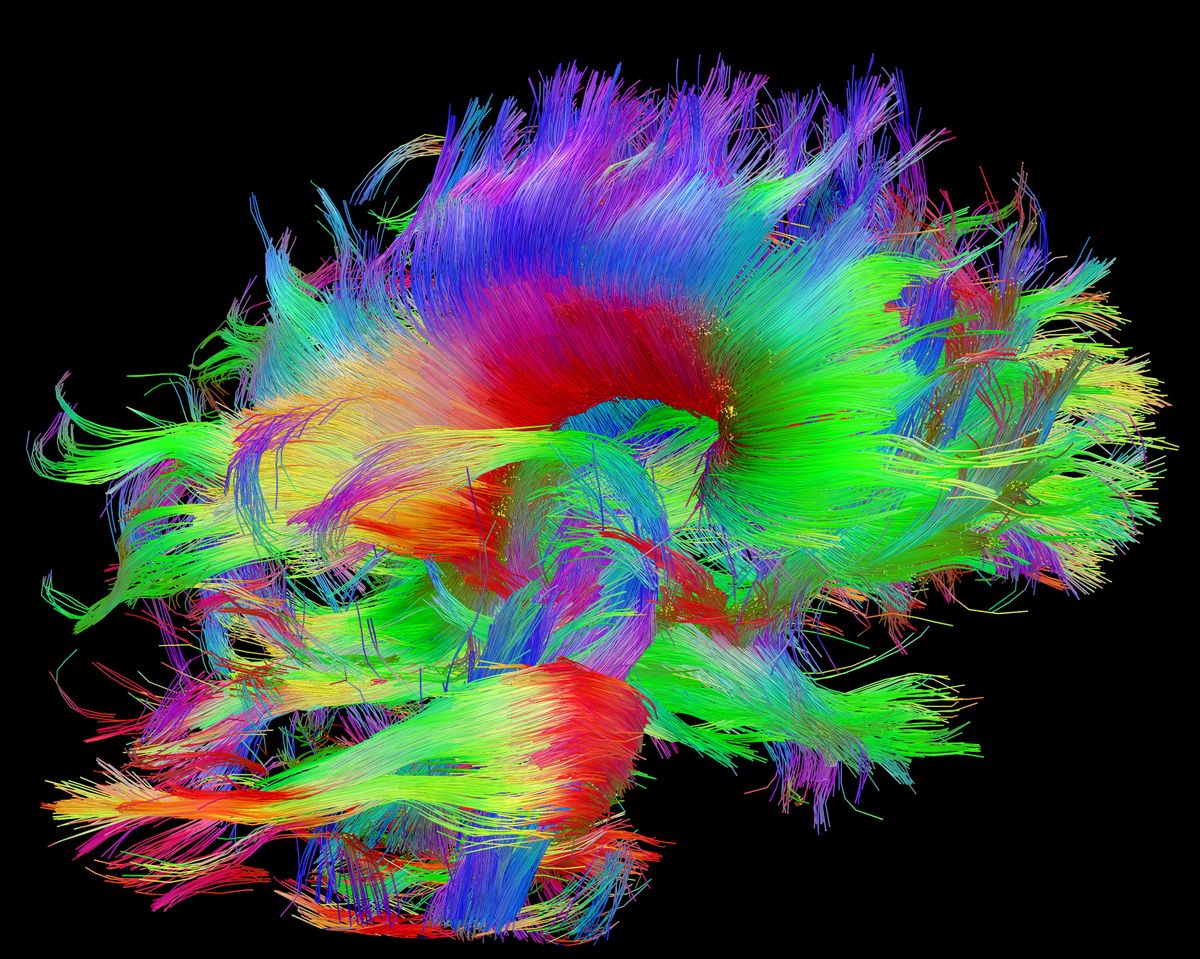Despite being prohibited in the U.S. for nigh on half a century now, psychedelics are making a comeback. Researchers are studying their use in the treatment of psychological disorders, microdosing LSD has become an abiding phenomenon and there's even a move to legalize magic mushrooms afoot in California.
Still, because of their prohibited status, research on the benefits of psychedelics is in its infancy. But not everyone feels the need to wait for clinical trials and peer-reviewed studies before jumping on the psychedelic bandwagon. The serious ponderers over at Big Think have been thoughtful enough to put together the following list of philosophers and scientists who tried psychedelics and pronounced them worthwhile.
1. Gerald Heard
The British author and polymath was a psychedelic pioneer, trying LSD for the first time in the mid-1950s. He saw the drug as a catalyst for spiritual insight, and his private proselytizing of his intellectual peers cracked open the door the psychedelic revolution of the 1960s, convincing such counterculture luminaries as Aldous Huxley and Timothy Leary to follow in his footsteps.
"There are the colors and the beauties, the designs, the beautiful way things appear," Heard told an interviewer. "But that's only the beginning. Suddenly you notice that there aren't these separations. That we're not on a separate island shouting across to somebody else trying to hear what they are saying and misunderstanding. You know. You used the word yourself: empathy."
2. Alan Watts
The British philosopher played a huge role in bringing the ideas of Eastern philosophy to a Western audience that, by the 1960s, was increasingly receptive to novel spiritual ideas. But this spiritual seeker didn't limit himself to Zen Buddhism; in his quest for enlightenment, he experimented with LSD, among other drugs, which he argued gave people "glimpses" of a greater spirituality and ground their connections to the universe.
But psychedelics are only a means to an end, he cautioned: "If you get the message, hang up the phone. For psychedelic drugs are simply instruments, like microscopes, telescopes, and telephones. The biologist does not sit with eye permanently glued to the microscope, he goes away and works on what he has seen."
3. Aldous Huxley
Best known as the author of "Brave New World", this British author and philosopher experimented with mescaline in the 1950s and so believed in psychedelics that, knowing the end was near in 1963, he went to his death tripping on LSD.
Huxley published his thoughts on psychedelics in two books, "The Doors of Perception and Heaven and Hell", where he argued that the drugs allowed people to see the world "as is" rather than the mundane reality we typically experience. Viewing the world through the psychedelically enhancing "mind at large" would benefit many people, he wrote.
But Huxley also was also something of an intellectual elitist; he argued that drugs like LSD were too much for the masses and should be used only by "the best and brightest." He also cautioned that the psychedelic experience was not enlightenment, but only a tool to help intellectuals trapped by their attachments to words and symbols.



Shares